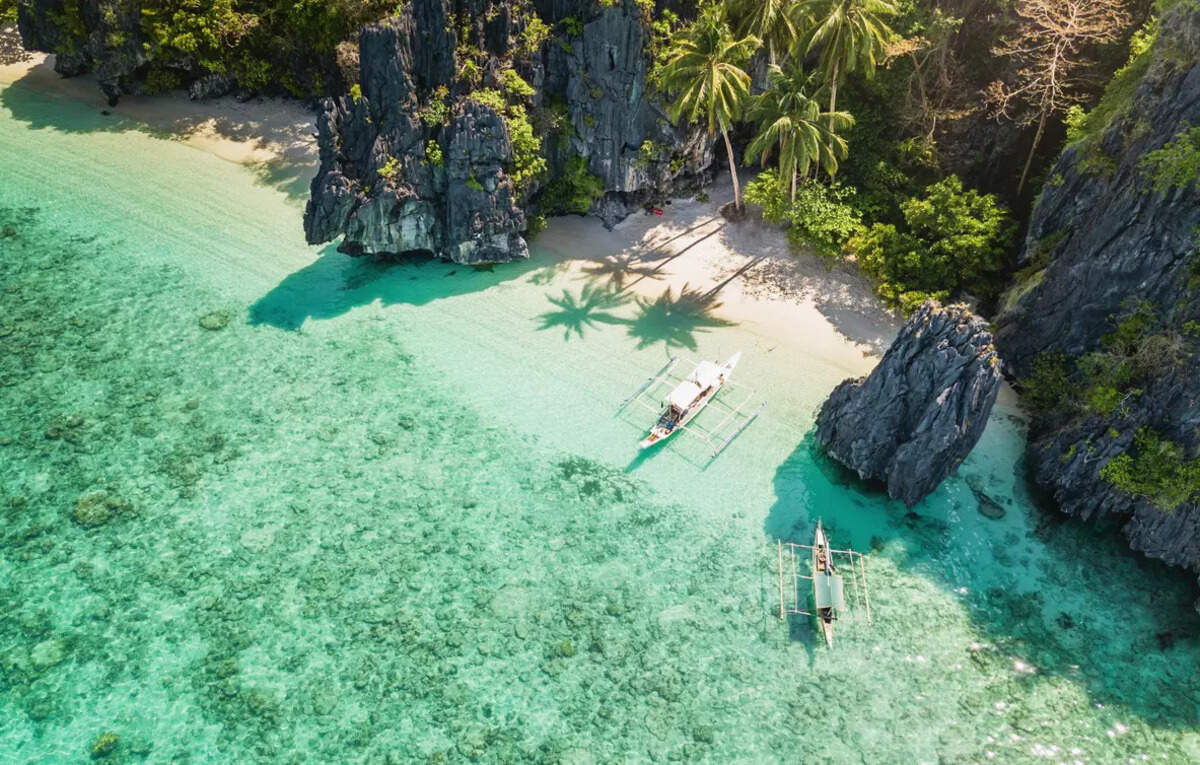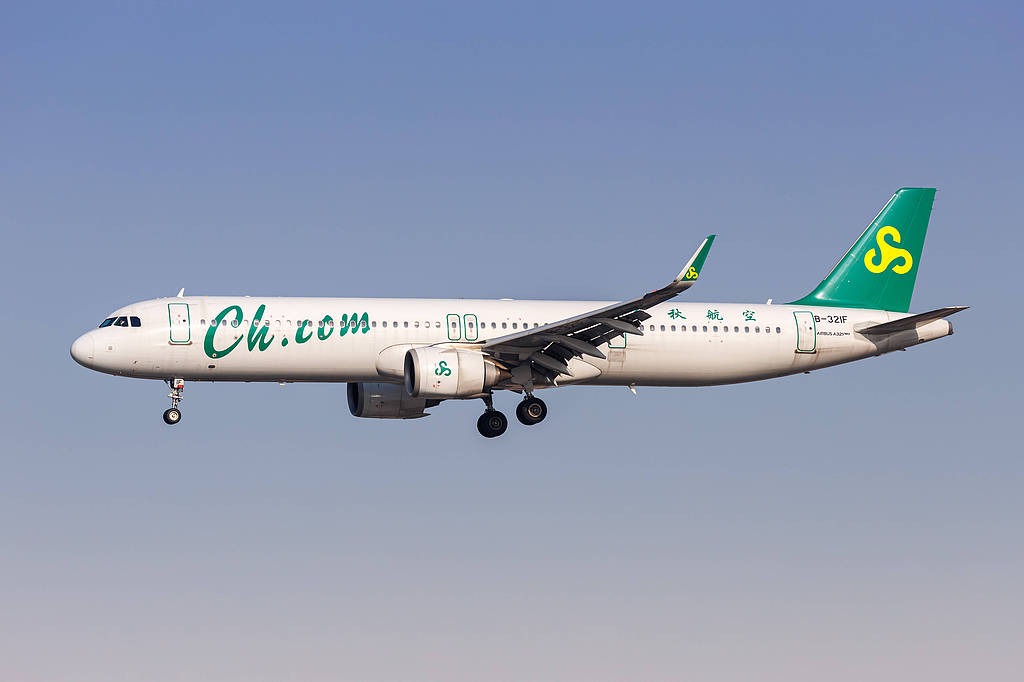Multiple Nations, Including Philippines, Grant Visa-Free Entry to Indian Tourists

The Philippines has made a significant strategic decision to attract a larger share of the burgeoning Indian outbound tourism market by officially granting visa-free entry to Indian tourists. This new policy, effective from June 8, 2025, is poised to reshape travel dynamics within Southeast Asia and signals a proactive approach by the Philippines to compete for Indian visitors. This development aligns with a broader global trend of countries simplifying entry procedures for Indian nationals, recognizing the immense potential of this rapidly growing travel segment.
Under the updated regulations, Indian citizens can enter the Philippines for tourism purposes and stay for up to 14 days without requiring a visa. A noteworthy enhancement to this policy benefits Indian travelers who possess valid visas or residence permits from AJACSSUK countries—namely the United States, Canada, Australia, the United Kingdom, Singapore, Schengen area nations, or Japan. These individuals are eligible for an extended visa-free stay of up to 30 days. Standard entry conditions apply: travelers must have a passport valid for at least six months beyond their intended stay, provide proof of financial capacity, hold a confirmed hotel booking, and possess a return or onward flight ticket.
The Philippines' initiative is reflective of a wider pattern where numerous countries are opening their doors to Indian travelers. As of 2025, Indian passport holders can enjoy visa-free access to over 20 nations across various continents. This diverse list includes neighboring countries like Bhutan and Nepal; sought-after island destinations such as the Maldives, Mauritius, and Fiji; Caribbean gems including Barbados, Jamaica, Haiti, and Trinidad and Tobago. Other nations welcoming Indians without a visa include El Salvador, Ecuador, Serbia, Senegal, Tunisia, Micronesia, Vanuatu, Grenada, Saint Kitts and Nevis, Saint Vincent and the Grenadines, and Dominica.
In addition to completely visa-free arrangements, many countries offer simplified visa-on-arrival (VOA) or electronic visa (e-Visa) options, which substantially reduce the bureaucratic hurdles for Indian tourists. Popular Southeast Asian destinations like Thailand, Indonesia (which offers VOA), Malaysia, and Sri Lanka (providing free electronic visas), along with Cambodia, have already embraced these traveler-friendly systems. Similarly, several African nations, including Seychelles, Kenya, Tanzania, Rwanda, and Zimbabwe, have facilitated easier entry. In the Middle East, countries such as Qatar, Bahrain, and even Iran (at select airports) have simplified access for Indian citizens, while Bolivia and Jordan also offer VOA facilities, further expanding the accessible world for Indian explorers.
This global visa liberalisation movement holds profound significance for Indian tourists, making international travel more convenient, spontaneous, and accessible. It caters to a wide spectrum of travelers, from solo adventurers and families to honeymooners and digital nomads. With projections estimating that over 30 million Indians will travel abroad annually by 2030, countries worldwide are eager to capture a share of this dynamic market. Relaxed visa policies are a primary strategy to harness the economic benefits and cultural exchange that Indian tourism brings, underscoring the rising global influence of the Indian passport.
For the Philippines specifically, the introduction of visa-free entry is anticipated to trigger a substantial increase in tourist arrivals from India. In 2024, the country recorded nearly 80,000 Indian visitors, marking a 12% increase from the previous year. With the removal of visa requirements, tourism authorities in Manila are preparing for a significant influx over the coming year. Popular Philippine destinations like Manila, Cebu, Boracay, and Davao are expected to see a rise in visitors from major Indian metropolitan areas such as Delhi, Mumbai, Bangalore, and Chennai.
The travel and hospitality industries are proactively responding to this policy change. Airlines, including Philippine Airlines, Cebu Pacific, and AirAsia, are reportedly reviewing their flight capacities and exploring the possibility of increasing frequencies or launching new routes connecting India with the Philippines. High-potential corridors such as Mumbai–Manila and Delhi–Cebu are being considered. Indian carriers may also look into seasonal charter flights to cater to group travel, weddings, and spiritual tourism. Concurrently, hotels in the Philippines are adapting their services, training staff to cater to Indian cultural nuances and dietary preferences, which may include offering more Indian cuisine options and developing targeted promotions for different segments of Indian travelers, including Gen Z and millennials.
This strategic move by the Philippines intensifies the competition within the Southeast Asian tourism landscape. Countries like Thailand, Malaysia, and Sri Lanka have already implemented measures to woo Indian travelers, while Indonesia offers visa on arrival, and Hong Kong facilitates entry with a simple online pre-clearance. In this competitive environment, visa-free access is increasingly becoming a fundamental strategy rather than a mere perk for nations aiming to attract the lucrative Indian outbound travel market, especially as global travel preferences evolve and the disposable income of India's middle class continues to grow.
Beyond its impact on tourism figures, this policy carries broader diplomatic and economic implications. By streamlining entry for Indian nationals, the Philippines not only strengthens its position as a significant regional tourism hub but also fosters deeper bilateral relations and cultural exchange. Such initiatives contribute to a nation's soft power, as each tourist visit facilitates intercultural understanding and strengthens ties that extend beyond tourism.
While the new visa-free policy is a generous invitation, it is imperative for Indian travelers to be fully aware of and strictly adhere to all associated conditions. The visa-free stay is specifically for tourism, is non-extendible, and cannot be converted into other visa categories. Travelers must ensure they depart the Philippines before their permitted stay duration concludes. Individuals planning to visit for purposes other than tourism, or for extended periods, are still required to apply for the appropriate visas through Philippine diplomatic missions. Furthermore, immigration authorities will conduct screenings upon arrival, emphasizing the importance of transparent documentation and compliance with all entry regulations.
In conclusion, the Philippines' decision to offer visa-free entry to Indian tourists marks a transformative step, clearly signaling its ambition to become a top-tier destination for this rapidly expanding market. As competition among Southeast Asian countries for Indian tourists continues, the primary beneficiaries are the travelers themselves, who now enjoy greater choice and ease of access to explore new destinations. This policy opens a promising new chapter for India–Philippines travel, fueled by enhanced connectivity, mutual interest, and the allure of the Philippines' diverse attractions.
Recommended Articles
Philippines Introduces Visa-Free Entry for Indian Nationals

The Philippines has launched a 14-day visa-free entry scheme for Indian nationals for tourism purposes, with specific co...
Spring Airlines to Launch Shanghai-Hanoi Direct Flights in July

Spring Airlines is set to launch direct flights between Shanghai and Hanoi starting July 2, operating four times weekly....
Egypt and Vietnam Streamline E-Visa Processes

Travel alerts issued for Vietnam highlight the necessity of pre-arrival visas, while Egypt introduces an e-visa system t...
You may also like...
Diddy's Legal Troubles & Racketeering Trial

Music mogul Sean 'Diddy' Combs was acquitted of sex trafficking and racketeering charges but convicted on transportation...
Thomas Partey Faces Rape & Sexual Assault Charges

Former Arsenal midfielder Thomas Partey has been formally charged with multiple counts of rape and sexual assault by UK ...
Nigeria Universities Changes Admission Policies

JAMB has clarified its admission policies, rectifying a student's status, reiterating the necessity of its Central Admis...
Ghana's Economic Reforms & Gold Sector Initiatives

Ghana is undertaking a comprehensive economic overhaul with President John Dramani Mahama's 24-Hour Economy and Accelera...
WAFCON 2024 African Women's Football Tournament

The 2024 Women's Africa Cup of Nations opened with thrilling matches, seeing Nigeria's Super Falcons secure a dominant 3...
Emergence & Dynamics of Nigeria's ADC Coalition

A new opposition coalition, led by the African Democratic Congress (ADC), is emerging to challenge President Bola Ahmed ...
Demise of Olubadan of Ibadanland
Oba Owolabi Olakulehin, the 43rd Olubadan of Ibadanland, has died at 90, concluding a life of distinguished service in t...
Death of Nigerian Goalkeeping Legend Peter Rufai

Nigerian football mourns the death of legendary Super Eagles goalkeeper Peter Rufai, who passed away at 61. Known as 'Do...